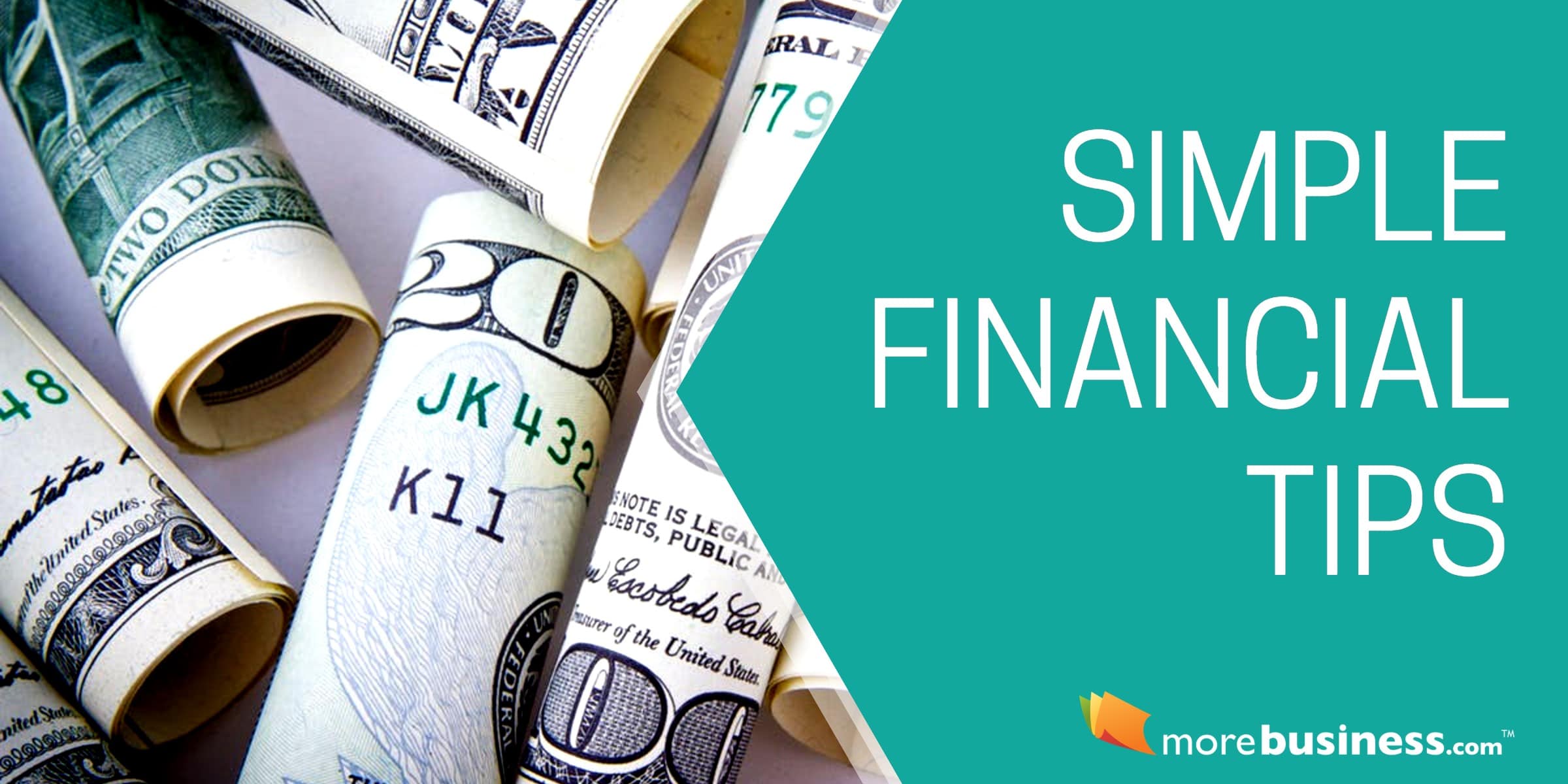When it comes to financial advice, there’s no shortage of information out there. So why are so many Americans living paycheck to paycheck or doggy paddling in debt without a clear end in sight? According to CNBC, 78 percent of American workers say they live paycheck to paycheck, with 71 percent saying they’re in debt.
To change your financial path without becoming overwhelmed with too much financial noise, start practicing these simple financial tips and go from there.
Table of Contents
Build an Emergency Fund
Part of what makes life so exciting is its unpredictability. But when it comes to financial matters, unpredictabilities are really liabilities—at least, if we don’t plan for them appropriately. That’s why it’s so crucial to build an emergency fund. What happens if your car needs expensive work or you’re suddenly need medical treatment that your insurance doesn’t fully cover?
According to CNN Money, just six in 10 Americans don’t have enough in their savings account to cover a surprise bill of $500. Even worse, 20 percent of adults said they’d put the surprise expense on a credit card.
If you’re barely making ends meet and the thought of having $100, let alone $500, set aside seems like a long shot, you need to dive deep into your spending. Chances are there’s at least $5 or $10 you could cut off your weekly spending, whether that’s eliminating a weekly takeout lunch or a night of entertainment. Start small and you’ll eventually have a little saved away to absorb an unexpected cost.
Cook Your Own Meals
Regardless of how you feel about cooking currently, you might end up loving it once you realize how much extra money you have. Make the process simple to ensure the habit sticks; make a weekly meal plan for breakfast, lunch and dinner alongside the ingredients you’ll need to make each meal. Get as varied or vanilla as your taste buds can afford, just be sure to buy and cook in bulk. Dedicate one day each week to preparing all your meals and store them in mealed-out portions so you can grab on the go. A big reason why so many people routinely spend money eating out is because cooking a meal takes energy, but if you only use that energy once a week and to great effect, the energy drain vanishes.
Exercise Caution with Holiday Spending
The holidays are one of the most joyous times of year, and to make each year feel better than the year before, many of us tend to overcompensate through holiday spending. According to Statista data, U.S. consumers expected to spend $906 on average in 2017 for Christmas shopping alone. Gifts are one cost, but then come the food, cards, and other holiday essentials.
Two-thirds of Americans report having a holiday savings plan or strategy to make room for the added holiday expenses, but how about just not going overboard? The more gifts we give and receive, the more diluted the experience. Buy a quality item that you know the person needs and if you’re the type to have to give several gifts, offer additional inexpensive items that will resonate sentimentally. However you choose to navigate the holiday waters, set a hard budget, take advantage of any gift cards or reward points and only charge on credit if you can pay it off right away.
Set a Short-Term Vision
It’s hard to get ahead financially if you’re living day by day without any short or long-term goal in sight. According to Andrew Housser, co-founder and CEO of the Freedom Financial Network, one thing he does over and over and recommends anyone do is ask, “where do I want to be 1, 3, and 5 years from now?” and then take actions to make those goals a reality.
Not only will day-by-day financial planning not result in long-term savings, you won’t get the satisfaction that comes each time you make progress toward your goal. It’s the consistent small strides that bring us happiness and motivate us to continue the journey.
These financial tips aren’t earth-shattering but they’re also not regularly followed. When financial hygiene feels like a foreign language, starting with simple habits and building from there is the only way to form and keep good habits. You might even be surprised by how much you enjoy finance after a couple successful months putting the above tips into action.










